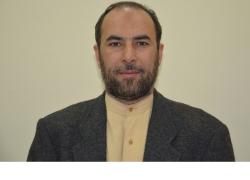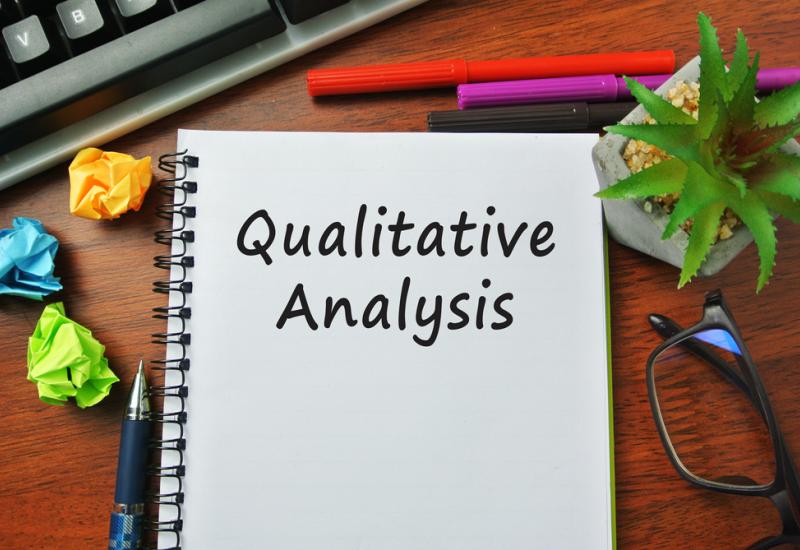Doing a Ph.D-Was that really a mistake?
In this blog post, I share what the two Professors from the US and UK top-notch universities reported while evaluating my PhD thesis. The aim is to provide some useful insights for the doctoral students who should keep these important things in mind while finalizing the draft of their dissertations.
Evaluation Report of the first examiner
The first examiner, while depicting the overall impression of the study, wrote, “I am very pleased to see such a comprehensive doctoral dissertation. The study is organized logically and it is original in regards to several variables, the qualitative data from a region that is not studied often, and the application is relevant and immediately useful. The topic is very appropriate as it is practical and the findings can be helpful for academic staff, faculty administration, and political leaders who are involved in higher education”.
About his general thought, he went on to state, “It is great to see excellent literature, citations, sources and updated references which show good coverage of academic content, research and hopefully the filling of existing gaps. The dissertation literature uses many “direct quotations” from excellent published sources, and they seem to be well cited and credited. The chapters are presented thoroughly and the writing is edited clearly. The literature and dissertation are supported with updated citations and credible references”.
In his conclusion and final recommendations he added, “Overall, this dissertation has a very good research focus, literature, qualitative methodology, analysis, and practical implications for the findings. The findings can be used by administrative leaders to make immediate improvements in universities”.
As an overall impression of the work, he maintained, “The dissertation is written well and it shows that the researcher was dedicated and guided by professional mentors/supervisors. Overall, this research has demonstrated sufficient content and findings for the granting of a quality dissertation being successfully completed. This thesis is sufficient to merit the awarding of the doctoral degree”.
While appreciating the efforts of the supervisors, he wrote, “Special congratulations go to the student and committee members for taking on such an important giant step forward in this doctoral thesis study and for offering up-to-date research on the recruitment, selection and retention of academic staff in Pakistan”.
However, the examiner pointed out some grammatical mistakes in the thesis suggesting, “If you are making revisions, I would eliminate some of the blank lines in between paragraphs”. In addition, he observed that while “majority of the references are complete, there are a few that are missing either volume numbers or page numbers for journal references”.
Evaluation Report of the second examiner
The second external examiner, while discussing the topic, noted “The research topic is an appropriate one for a Ph.D. thesis in this area. The candidate makes a good job of introducing the topic in the opening chapter. The literature review provided in Chapter 2 is comprehensive, up-to-date and systematic, and its structure provides the context within which the research questions or propositions are to be addressed. The structure of the review is a logical one”.
While reporting on the organization of the thesis, he wrote, “The thesis as a whole is well-organized. It is structured on a conventional basis, with the literature review, followed by a theoretical framework, methodology, four chapters of findings and a concluding chapter. All these clearly and explicitly form part of a coherent whole”.
On the originality of the research work, he illustrated, “The thesis shows a good understanding of issues in methods and methodology. Due attention has also been paid to issues of research ethics. The methods employed in the research are well-suited to addressing the research questions or propositions. The main means of data collection was the semi-structured interview, and the interviews seem to have been carried out in a professional and rigorous manner”.
On the main findings of the study, he added, “The main findings chapters are clear and well-organized. There is some good data here and the analysis follows a logical sequence. The basic intention is a good one, to set the practice of recruitment and selection against the policy that exists in formal terms”.
He concluded the report with the remarks, “the literature review, the references are quite comprehensive in coverage. The thesis as a whole is well-written and the meaning is communicated in a clear way”.
However, this thought-provoking report offers some useful insight for the novice Ph.D. students, who should keep in mind that the foreign examiners evaluate any dissertation with utmost care, examining minute details that even minor mistakes and typos do not escape their attention. For instance, about spacing in the thesis, he suggested, “In terms of presentation, consistency needs to be ensured in spacing and capitalization”. Similarly, he observed that there are a small number of typographical errors, and the candidate might look at their use of the semi-colon on page165, paragraph 2. So, I advise the scholars to keep these things in mind and develop your thesis accordingly.
Lessons learnt
In light of the above discussion, I suggest the following five important points, the Ph.D. scholars should follow:
- Never worry about the thesis evaluation reports, no matter who is doing it, provided that you have put in genuine efforts in your research work
- Each and every part of the thesis is important. Never ignore minute details. The examiners are checking each and everything.
- Pay maximum attention to the writing style and the language of the thesis. This is the first thing, the examiners come across. Avoid typos. This really annoys the examiners. Use some software for correction of grammatical errors. Ask your friend to proofread your thesis. Present your ideas in a coherent manner. The abstract and introduction should be carefully drafted and meticulously checked for typos.
- Introduction chapter is critical. Here, you grab the attention. If the examiner, comprehend the crux of the study by going through the first chapter, he/she would be developing a positive impression of the overall body of the thesis.
- Never use two words when one can do. Be precise. Every word and every paragraph should be weighed to avoid redundancy. Avoid repeating things over and again. Remain focused on quality rather than quantity.
Let me share what I have learnt from this brief journey:
If you work diligently, chip in all-out your efforts, have firm belief in yourself, work selflessly with the spirit that if you succeed in your endeavour, you would help others to make their life easier; no matter, how humble are your efforts and how abnormal are the circumstances, yet it may be little delayed, you are distanced to succeed.


















